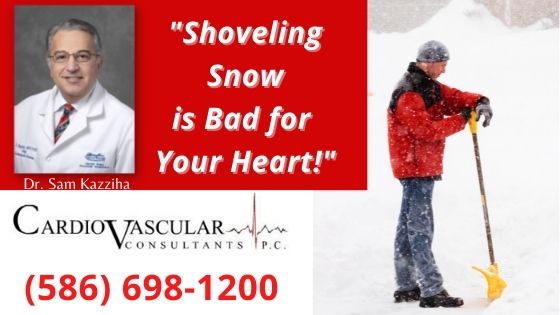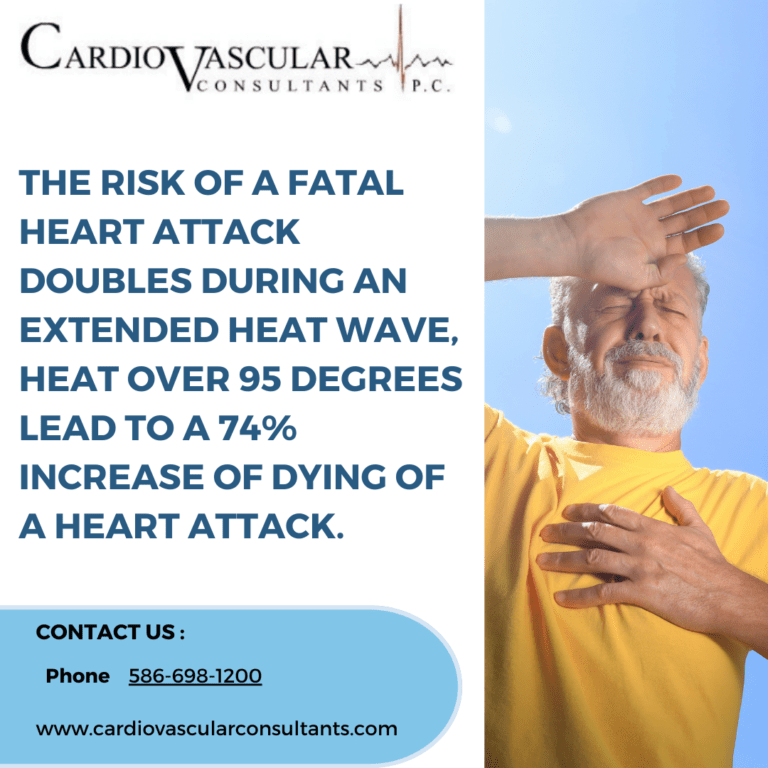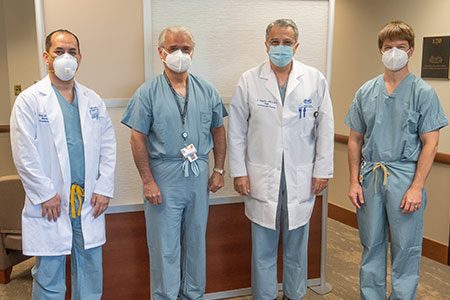“During the snow season we do get heart attack victims who were exposed to the cold weather while doing strenuous activities like shoveling snow,” said Dr. Kazziha. Surprisingly, he said, most of these people are middle-aged who ignore their pre-existing risks for a heart attack.
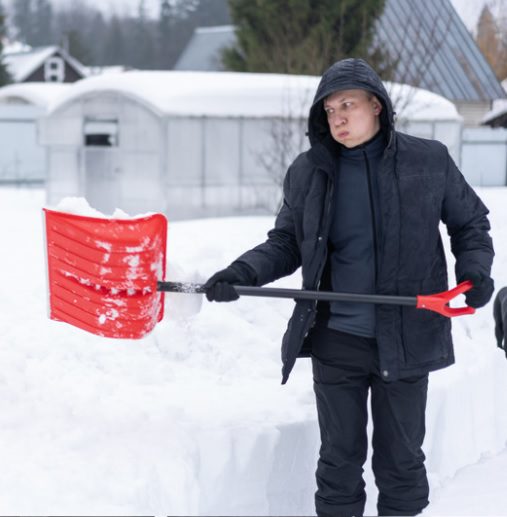
Heart Attacks can happen while shoveling snow.
Heart Attacks can happen while shoveling snow – A discussion with Henry Ford’s Dr. Sam Kazziha. He gives us practical tips for prevention. Listen to conversation with Dr. Kazziha!
Studies cited by the American Heart Association have shown that as temperatures drop during winter months, the death rates from circulatory problems, coronary heart disease, heart attacks and strokes rise. Other studies found that the more it snowed, the more men had heart attacks, suggesting it may be connected to snow shoveling.
“The risk for a heart attack while shoveling snow is higher for people who have had heart attacks in the past or who suffer from any type of heart or vascular disease, hypertension, diabetes and high cholesterol,” said Dr. Kazziha. “Those people are at higher risk of having blockages in the arteries of the heart.”
Most people approach snow shoveling as a quick burst of hard work, which can increase their risk for a heart attack, in the right conditions, Dr. Kazziha said, adding this applies to both men and women.
“People absolutely underestimate how strenuous snow shoveling can be,” he said. “People over 65 take the approach that they’ll just push a little bit of snow from their doorstep. But they don’t realize that it may be much more stressful than they think, especially if it’s wet, heavy snow.”
Dr. Kazziha said that middle-aged people in their 50s who may think they’re in good shape but have heart disease and other risks also tend to overdo it. The situation is made worse if people with heart disease just had a large meal or consumed alcohol before shoveling. “All of these ingredients make up a recipe for a heart attack,” he said.
There are two types of people who are considered high risk who should avoid snow shoveling, Dr. Kazziha said:
- people who’ve had coronary bypass surgery, a history of heart attacks or have coronary stents.
- People who smoke or those with heart disease or a history of heart disease in their family.
Typical symptoms of a heart attack include chest tightness or pressure, a feeling of indigestion, neck or jaw discomfort, lightheaded, shortness of breath, tingling down the arms, cold sweats or feeling nauseous. For women, they are uncomfortable pressure, squeezing, fullness or pain in the center of the chest, pain or discomfort in one or both arms, the back, neck, jaw or stomach, shortness of breath with or without chest discomfort, breaking out in a cold sweat, nausea or lightheadedness. Women are just as likely to have a heart attack as men are, but women are more likely than men to die from one.
Call (586) 698-1200 to Schedule an appointment with Dr. Kazziha
Dr. Kazziha offers these helpful tips for snow shoveling
- Dress warm and in layers. A hat, gloves and snow boots are a must. Cover your mouth and nose to limit the cold air you’re inhaling.
- Don’t shovel large portions all at once. Clear small areas at a time and take periodic breaks.
- Push the snow using quick, short strokes instead of lifting it. If the snow is deep, clear it in layers to avoid fatigue.
- Even better, hire a service or your neighbor’s kid.
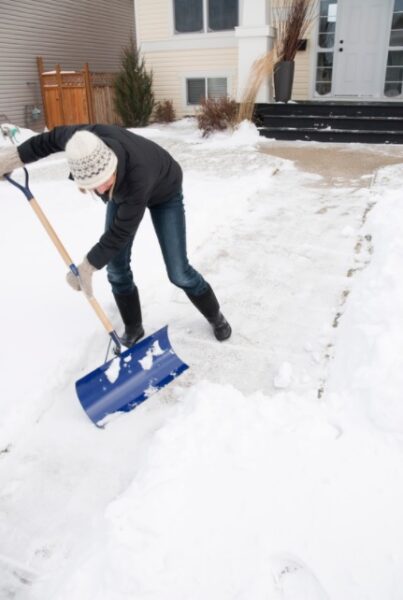
Don’t Snow Shovel Your Way to a Heart Attack
(U.S. News & World Report)
The combination of shoveling and cold weather can cause your arteries to spasm and constrict, explained
Dr. Sam Kazziha, chief of cardiovascular services at Henry Ford Macomb Hospital in Detroit. “During the snow season we do get heart attack victims who were exposed to the cold weather while doing strenuous activities like shoveling snow,” Kazziha said in a news release from the Henry Ford Health System. Most are middle-aged people who ignore their pre-existing risks for a heart attack, he noted.
#heartdisease #hospital
Schedule an appointment with Dr. Kazziha
Error: Contact form not found.


